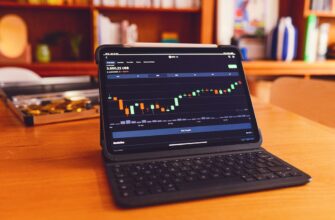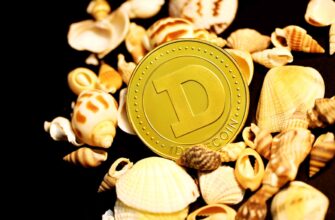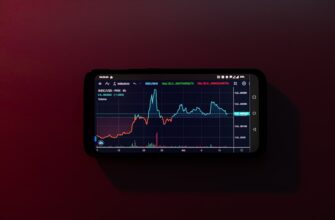- Introduction: The Rise of Peer-to-Peer Dollar Trading
- What Is USD P2P?
- Top 5 Benefits of USD P2P Transactions
- How to Start Using USD P2P Platforms: 4 Simple Steps
- Mitigating USD P2P Risks: Essential Safety Practices
- Top 3 USD P2P Platforms Compared
- USD P2P FAQ: Your Questions Answered
- Is USD P2P legal?
- What payment methods work for USD P2P?
- How long do USD P2P transactions take?
- Are there transaction limits?
- What if a seller doesn’t release USD?
- Can I use USD P2P for business transactions?
- Conclusion: Embracing the Future of Dollar Transfers
Introduction: The Rise of Peer-to-Peer Dollar Trading
USD P2P (Peer-to-Peer) transactions are revolutionizing how people exchange US dollars globally. Unlike traditional banking, USD P2P platforms connect buyers and sellers directly, enabling faster, cheaper cross-border transfers without intermediaries. This guide explores everything from how USD P2P works to security best practices, empowering you to navigate this financial innovation confidently.
What Is USD P2P?
USD P2P refers to decentralized platforms where individuals trade US dollars directly with each other. Transactions occur via escrow-protected marketplaces, often using cryptocurrencies like USDT as intermediaries for speed and borderless access. Key characteristics include:
- Direct User Interaction: Buyers/sellers negotiate terms without banks
- Escrow Protection: Funds held securely until transaction completion
- Flexible Payment Methods: Bank transfers, e-wallets, cash payments supported
- Global Accessibility: Available 24/7 across most countries
Top 5 Benefits of USD P2P Transactions
- Lower Fees: Avoid 5-10% bank charges; most P2P fees range from 0.1%-1%
- Faster Settlements: Complete transactions in minutes vs. 3-5 banking days
- Financial Inclusion: Access dollars without traditional bank accounts
- Exchange Rate Control: Negotiate rates directly with sellers
- Privacy: Reduced KYC requirements compared to banks
How to Start Using USD P2P Platforms: 4 Simple Steps
- Choose a Reputable Platform: Research options like Binance P2P, Paxful, or LocalBitcoins
- Verify Your Account: Complete KYC procedures for higher limits
- Find a Counterparty: Filter sellers by payment method, rate, and transaction volume
- Execute Securely: Use platform escrow, confirm receipt before releasing funds
Mitigating USD P2P Risks: Essential Safety Practices
While USD P2P offers advantages, consider these precautions:
- Verify Seller Ratings: Only trade with users having 95%+ positive feedback
- Use Platform Chat: Keep all communication within the app for dispute evidence
- Avoid Off-Platform Payments: Transactions outside escrow forfeit protection
- Monitor Exchange Rates: Track USD volatility to avoid unfavorable deals
- Enable 2FA: Add extra security to your account
Top 3 USD P2P Platforms Compared
- Binance P2P: High liquidity, 300+ payment methods, 0% fees for takers
- Paxful: Supports cash payments, extensive buyer protection programs
- LocalBitcoins: Pioneer in P2P, ideal for localized cash transactions
USD P2P FAQ: Your Questions Answered
Is USD P2P legal?
Yes, in most countries. However, compliance with local regulations (e.g., AML laws) is mandatory. Always verify your jurisdiction’s rules.
What payment methods work for USD P2P?
Common options include bank transfers, PayPal, Venmo, Cash App, mobile money, and in-person cash payments depending on the platform.
How long do USD P2P transactions take?
Typically 15-90 minutes after payment confirmation. Crypto-mediated transfers settle fastest (under 30 mins).
Are there transaction limits?
Platforms impose daily limits (often $1K-$10K for new users). Verified accounts can access higher thresholds up to $50K+.
What if a seller doesn’t release USD?
Open a platform dispute immediately. Moderators review chat/payment proofs and release escrowed funds to the rightful party within 24-48 hours.
Can I use USD P2P for business transactions?
While possible, most platforms prohibit commercial use. For frequent large transfers, explore enterprise solutions like Crypto.com for Business.
Conclusion: Embracing the Future of Dollar Transfers
USD P2P platforms democratize access to the world’s reserve currency, offering unprecedented speed and cost efficiency. By selecting reputable platforms and following security best practices, users can safely leverage this technology for personal remittances, investments, and financial flexibility. As blockchain adoption grows, USD P2P is poised to become a cornerstone of modern finance.








